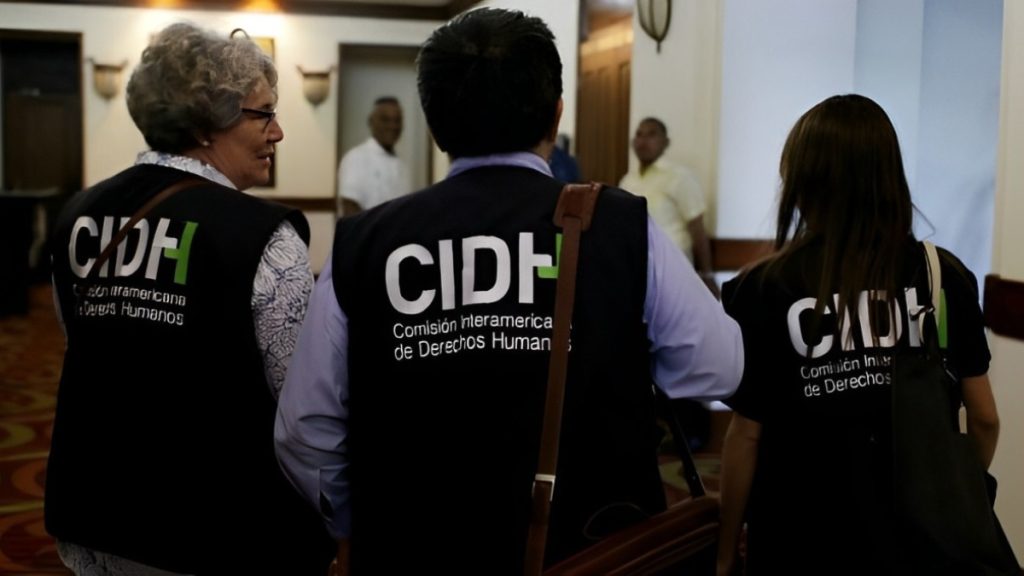May 20, 2024, 11:46 PM
May 20, 2024, 11:46 PM
Juan Jeffer Poquiviqui Aguilar
More than a decade ago, a movie was released that chronicled a problem that possibly, with the emergence of the latest Chat GPT update, will become reality. This film is “Her,” which follows the life of Theodore, a lonely man who, due to his inability to experience genuine love, falls in love with Samantha, an operating system with artificial intelligence that evolves to understand and respond to human emotions. As their relationship blossoms, Theodore is immersed in a world where the line between human and artificial is blurred. However, throughout the film, the protagonist struggles to overcome his own emotional limitations and faces a deep reflection on his own nature and the importance of authenticity in human relationships.
Curiously, the love dynamic shown in the movie “Her” is very similar to the form of communication that the new Chat GPT update will present. This update, presented on May 15, 2024, stands out for its ability to immediately interact via audio and video with the user, making this AI a more effective personal assistant than ever.
Under this order of ideas, the presentation of this new update raises questions about the capacity of human beings to deal with this new tool, even more so at a time when conventional relationships seem to be in decline, transforming the love bond into a disposable element. where commitment is avoided at all costs. Not for nothing, contemporary authors such as Sherry Turkle, in her book “Alone Together: Why We Expect More from Technology and Less from Each Other”, address how technology, including relationships with artificial intelligence, can offer an apparent solution to loneliness and emotional discomfort, but to the detriment of human connections.
In light of the above, it is not incorrect to argue that the prospect of replacing a partner with an AI could be based on a simple selfish desire, violating the essence of seeking and fostering authentic human relationships based on love. Of course, this idea is based on the fact that love corresponds to a feeling that transcends the boundaries of time and space, and that bases its integrity on the pursuit of the good of others, thereby contributing to the integral development of the other and, therefore, therefore, of its environment. Erich Fromm argued very well in his work “The Art of Loving”: authentic and mature love not only benefits the couple, but has a positive impact on the entire world. This is because the act of loving genuinely transforms the way one perceives and relates to the world.
Therefore, the possibility of Chat GPT establishing fluid conversations, with glimpses of humanity, could generate an opening for those who only seek to satisfy emotional needs, thereby increasing individualism and disconnection as social beings, all this due to the preference for a operating system that obeys instead of volatile, but genuine, social interactions.
Of course, the scenario presented is bleak and, although the possibilities of an AI like Samantha existing are increasingly real, it is crucial to remember that we are social animals and that, therefore, our existence is linked to someone else, which makes the individualism offered by turning to an AI to get love incongruous. Therefore, like Theodore at the end of the film, it would be good for us as humans to embrace the paradox of love: being oneself, while still being two; two souls united with a single thought, two hearts that beat with the same breath. (Dieck, 2023)


















